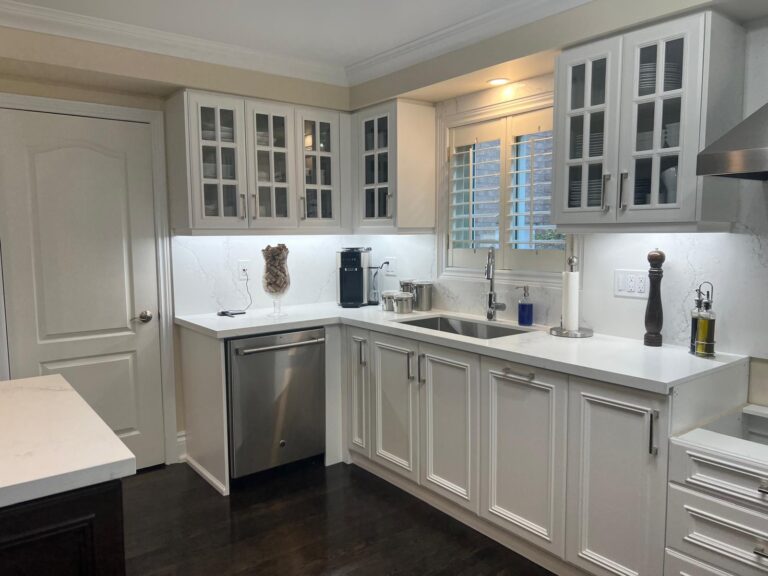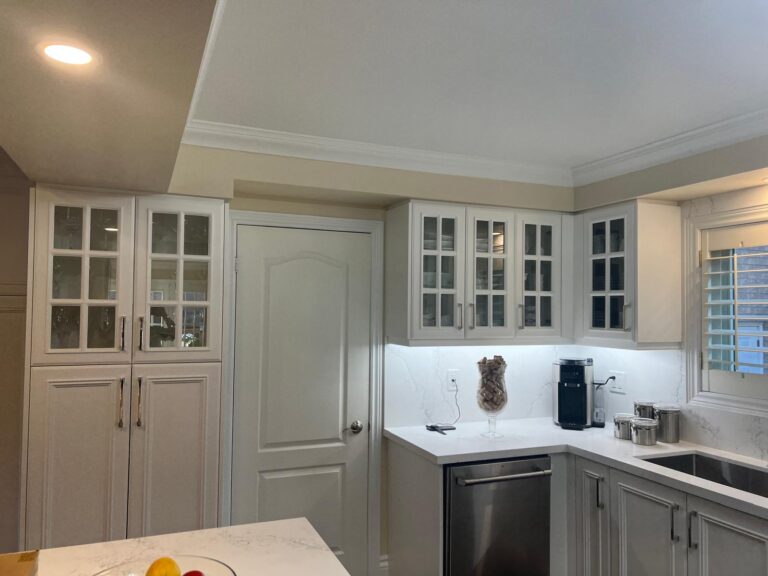Table of Contents
ToggleA bathroom renovation is a game-changer, transforming your space into a modern, stylish, and functional oasis. However, choosing the right bathroom renovation contractor is crucial for a hassle-free experience and high-quality results. With so many contractors out there, how do you find a skilled, reliable expert who can bring your vision to life?
In this guide, we’ll cover everything you need to know—why hiring a professional is essential, what to look for in a contractor, cost breakdowns, renovation trends, and expert tips to ensure a smooth remodel.
While DIY projects can be fun, bathroom renovations require professional expertise. Here’s why hiring a pro is a smart choice
A professional contractor understands plumbing, electrical work, tiling, and structural modifications, ensuring everything is done safely and correctly
An experienced contractor works efficiently, preventing costly mistakes that could require future repairs.
Professionals have access to top-grade materials at wholesale prices, ensuring durability and style.
A licensed contractor follows local regulations, ensuring your renovation meets legal requirements.
From demolition to installation, a contractor manages the entire process, so you don’t have to worry about delays or unexpected issues.
Finding the right contractor can be overwhelming. Here’s what to consider:
Always hire a licensed and insured contractor to protect yourself from liability in case of accidents.
Choose a contractor with proven experience in bathroom remodeling rather than a general contractor.
Ask for before-and-after photos of previous projects to assess the contractor’s workmanship.
Check Google, Yelp, and Better Business Bureau (BBB) reviews to learn about customer experiences.
Request at least three quotes to understand the price range and avoid overpriced or suspiciously cheap offers.
A bathroom renovation follows these key steps:
Install new pipes, lighting, and outlets as needed.
Even with a great contractor, mistakes can happen. Here’s what to avoid:
Low prices often mean subpar work or hidden costs. Choose quality over cost.
Poor waterproofing leads to mold, leaks, and structural damage.
Maximize space with built-in shelves, vanity storage, and medicine cabinets.
A good exhaust fan prevents humidity buildup and mold growth.
Depending on your location, you may need permits for:
Check with your local authorities or ask your contractor to handle permit requirements.
A bathroom remodel is an exciting investment that improves your home’s value and comfort. To ensure a smooth process:
With the right contractor and a clear plan, your dream bathroom can become a reality!
A full bathroom remodel typically takes 2 to 6 weeks, depending on the complexity and contractor availability.
Ask about their experience, portfolio, license, insurance, estimated timeline, and warranty on work.
It depends on your location and the scope of work. Plumbing and electrical changes often require permits.
Labor and custom materials like high-end tiles, vanities, and luxury fixtures tend to be the costliest.
Yes! Opt for cost-effective materials, reuse existing fixtures, and focus on essential upgrades to save money.
Why Choose Kitchen Renovation in Kleinburg? A kitchen renovation is more than just a facelift for your home—it’s an opportunity to enhance the functionality, style, and overall atmosphere of the heart of your house. In Kleinburg, a charming and growing community in Vaughan, kitchen renovations are becoming increasingly popular as homeowners seek to improve their…

Why Choose Kitchen Renovation in Pickering with STH Kitchen and Bath Inc.? The kitchen is the heart of every home, and when it’s time to update or redesign, it can make a world of difference. If your kitchen feels outdated, lacks functionality, or simply isn’t your style anymore, a kitchen renovation can transform it into…
Kitchen Renovation Ideas & Layouts The kitchen is often the heart of every home. It’s where meals are prepared, families bond, and memories are made. If your kitchen feels outdated, cramped, or just uninspiring, a renovation can add new life and functionality to this essential space. Whether you’re aiming for a modern, sleek look or…
Kitchen Renovation Contractor – Transform Your Kitchen with STH Kitchen and Bath Inc. The kitchen is more than just a place to cook; it’s where memories are made. If your kitchen feels outdated or inefficient, a renovation can completely transform it. Hiring a professional kitchen renovation contractor, like STH Kitchen and Bath Inc., ensures your…

Kitchen Renovation in Oakville: The Complete Guide to Your Dream Kitchen Your kitchen is the heart of your home—a space where family and friends gather to cook, eat, and create memories. If you’re considering a kitchen renovation in Oakville, you’re already on the path to enhancing your home’s value, functionality, and style. This comprehensive guide…
Why Choose Kitchen Renovation in Oshawa? 1. Importance of Kitchen Renovation The kitchen is more than just a cooking space; it’s the hub of family gatherings, conversations, and creativity. Renovating your kitchen not only improves its usability but also reflects your personal style. A thoughtfully updated kitchen can breathe new life into your home while…